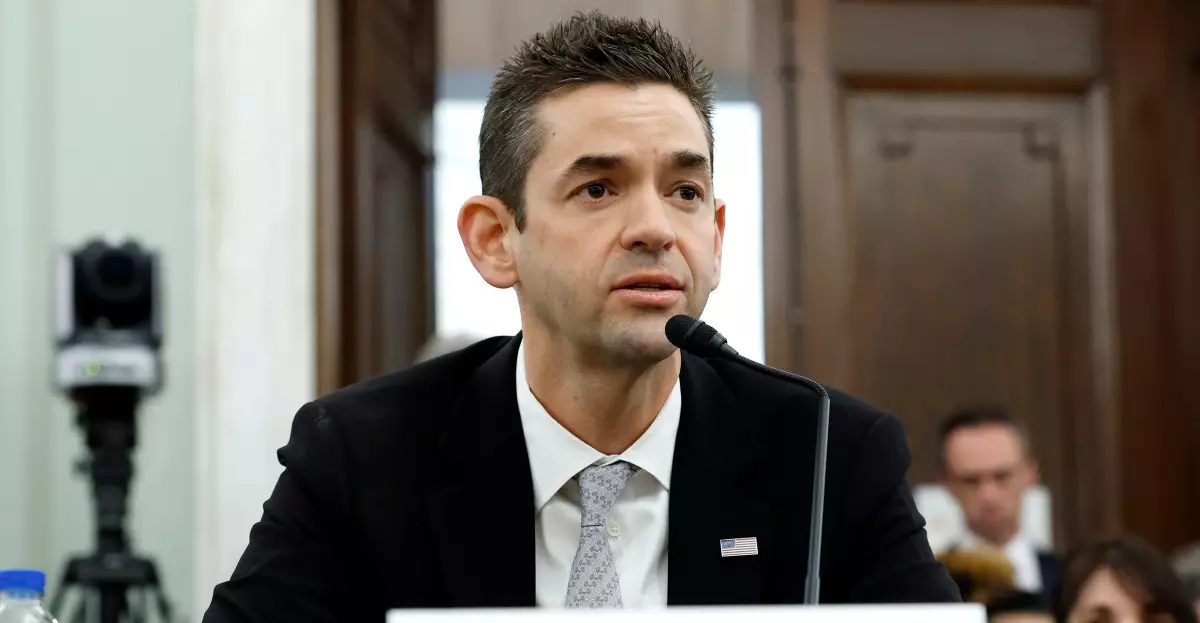The recent collapse of Jared Isaacman’s nomination to head NASA brings to light the growing influence of political affiliations within the realm of space exploration. While Isaacman is celebrated as an innovator and billionaire founder of Shift4, his connections to Democrats appear to have been the undoing of his potential leadership. According to reports, President Trump allegedly withdrew support after discovering Isaacman’s history of donations to prominent Democratic figures, including Arizona Senator Mark Kelly. This situation reflects a disturbing trend in American politics where partisan divides can significantly disrupt professional opportunities, potentially at the expense of vital positions in government.
Transitioning from Entrepreneur to NASA Administrator
Jared Isaacman’s background as a space enthusiast is bolstered by his commercial ventures, particularly with SpaceX. His participation in missions like Inspiration4 and Polaris Dawn demonstrates a robust commitment to space exploration, which makes his mission to NASA intriguing. However, it seems that his visionary outlook was overshadowed by political calculations. The withdrawal of his nomination signals a troubling precedent that suggests one’s qualifications and passion for a role can be secondary to political allegiance. This could deter capable individuals from pursuing opportunities within government agencies, particularly those that require collaboration across party lines.
NASA’s Future in Jeopardy
Moreover, as Isaacman’s nomination falters, the implications for NASA’s future are substantial. Reports indicate federal budget proposals are proposing a drastic 47% reduction in funding for scientific programs, a move described as catastrophic by The Planetary Society. By slashing budgets, the administration risks undermining years of taxpayer investments and jeopardizing future scientific advancements in space exploration. Without a supportive leader at NASA like Isaacman, whose vision aligns with exploring the stars, the agency finds itself wandering in a “going-out-of-business” mode, as cited by a former senior NASA official.
The Intersection of Politics and Exploration
The saga surrounding Isaacman’s nomination exemplifies a larger cultural conflict within the United States — where scientific inquiry and discovery find themselves ensnared in the snare of political disharmony. The need for a NASA administrator who embraces an “America First” agenda, as stated by White House spokesperson Liz Huston, places an undue emphasis on political ideology over expertise. This detachment from meritocratic ideals in appointing leaders could stifle the very innovation that defines space exploration.
Looking Ahead: Implications for the Space Industry
As the White House moves forward with selecting a new Administrator for NASA, the question arises: will the next nominee be selected based on competence or alignment with political ideologies? The future of NASA may depend more than ever on how gracefully political leaders can navigate the increasingly complex intersection of policy and science. The decisions made in this domain are not merely bureaucratic; they shape the United States’ place in the ongoing narrative of space exploration, potentially altering humanity’s journey into the cosmos.


Leave a Reply